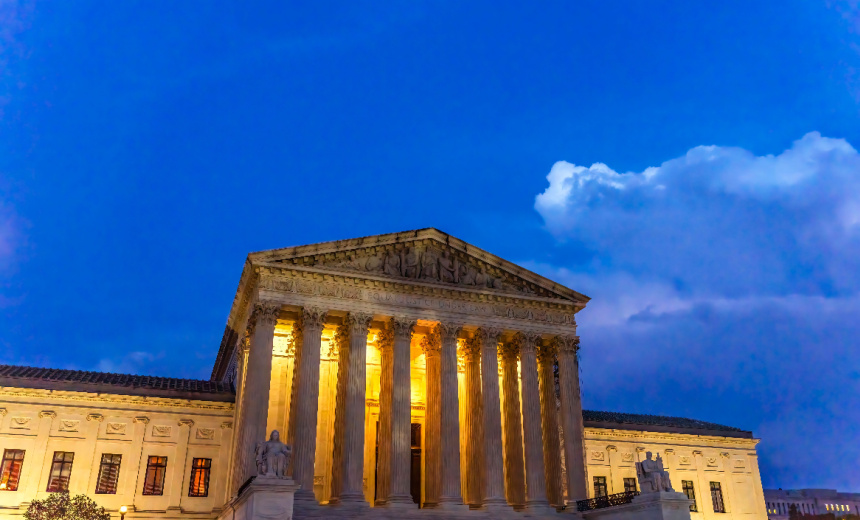Data Privacy,
Data Security,
Government
Supreme Court Decision Overturns Lower Court’s Injunction

In a significant legal shift, the U.S. Supreme Court has granted the “Department of Government Efficiency” (DOGE) access to American citizens’ data held by the Social Security Administration (SSA). This decision, made by the Court’s conservative justices, reverses a prior injunction issued by a Maryland federal district court, which prohibited DOGE staff from accessing sensitive information.
The unsigned order counteracted a ruling that had been upheld through two appellate reviews, affirming that “under the present circumstances, SSA may proceed to afford members of the SSA DOGE Team access to the agency records in question” for the purpose of carrying out their duties. The dissenting opinions from Justices Elena Kagan, Sonia Sotomayor, and Ketanji Brown Jackson pointed to potential overreach and a disregard for privacy protections.
Unions and advocacy groups filed a lawsuit against the SSA, aiming to block DOGE’s access to data, which includes private medical, financial, and personal information. They contend that DOGE has neglected to uphold the protections mandated by the Privacy Act and has violated federal procedures for implementing new policies.
U.S. District Judge Ellen Hollander previously directed DOGE to eliminate non-anonymized data and demanded the removal of any unauthorized software from SSA systems. She criticized the DOGE operation, labeling it a “fishing expedition” with inadequate justification for accessing sensitive records.
Solicitor General D. John Sauer countered Hollander’s ruling, advocating that district courts should avoid interfering with the essential activities of government employees. He argued that it is vital for agency personnel to have the relevant records necessary to perform their functions efficiently.
Dissenting justices, particularly Jackson alongside Sotomayor, decried a perceived double standard in how judicial stays have been applied. They contended that the government failed to demonstrate any immediate or irreparable harm that justifies the requested access under the extraordinary circumstances defined by prior rulings.
DOGE, previously associated with Elon Musk’s erratic leadership, has faced scrutiny due to various cybersecurity missteps, raising concerns about its handling of sensitive data and undermining public trust in government agencies. This case underscores the ongoing tension between governmental efficiency efforts and the safeguarding of citizen privacy.
This rewritten article provides a thorough account of the events surrounding the U.S. Supreme Court’s decision while emphasizing the potential cybersecurity implications and concerns involving sensitive data access.